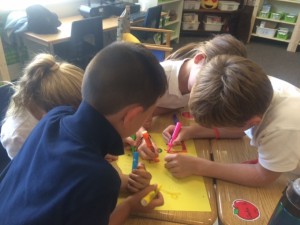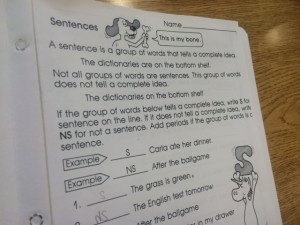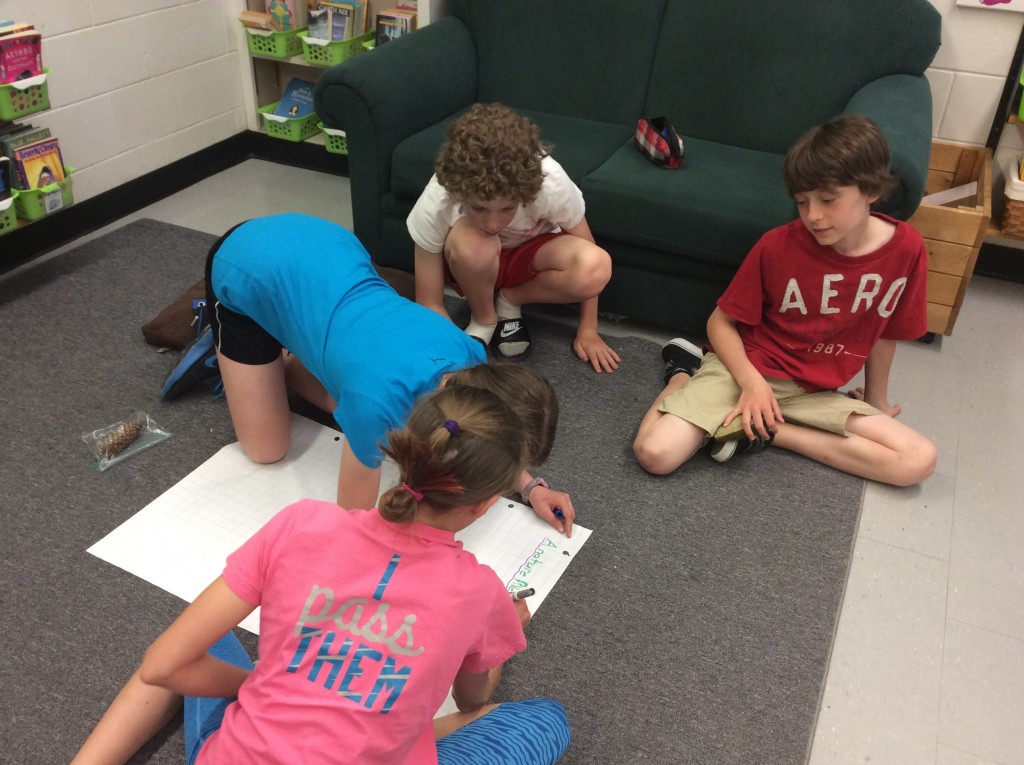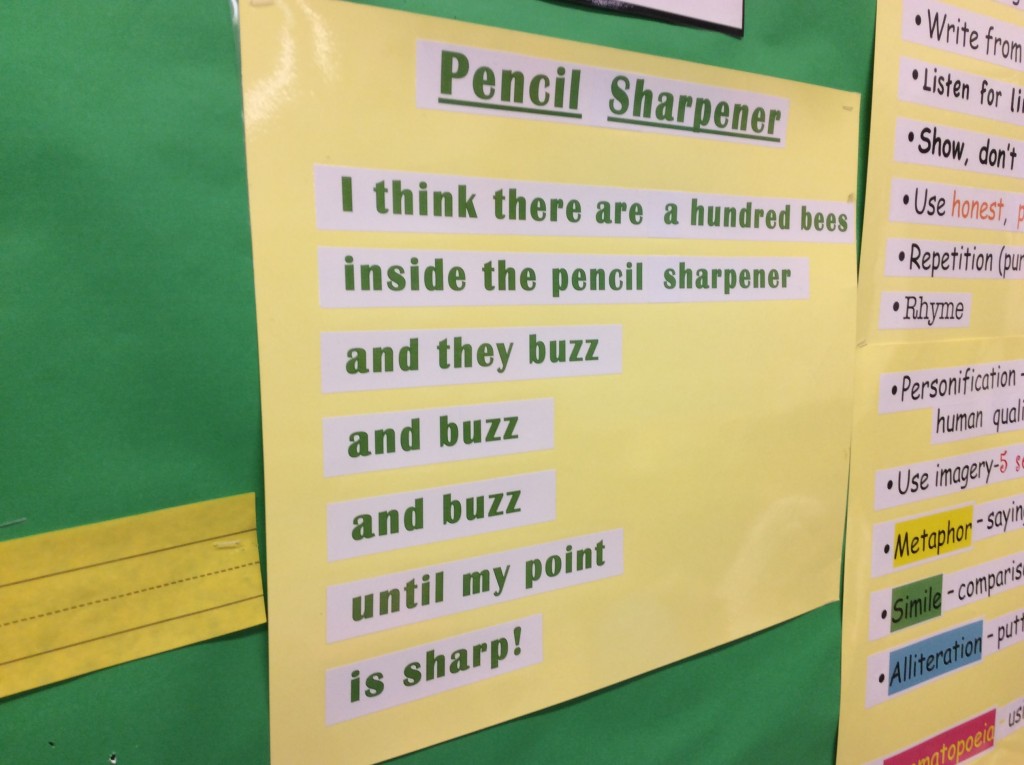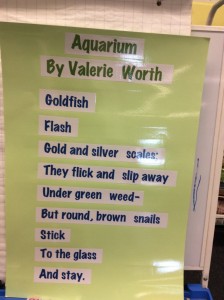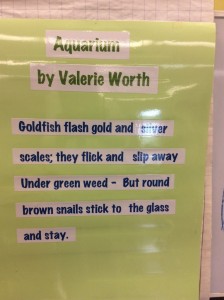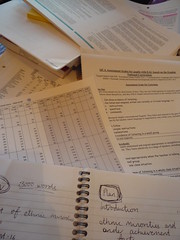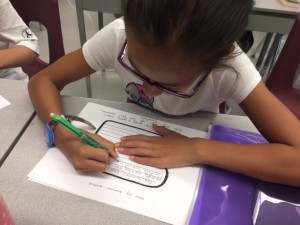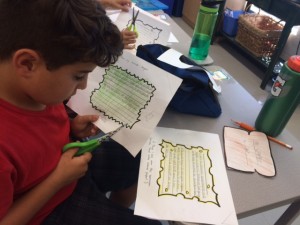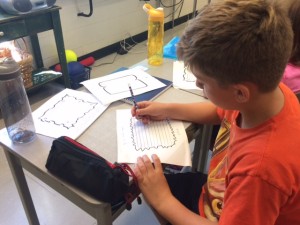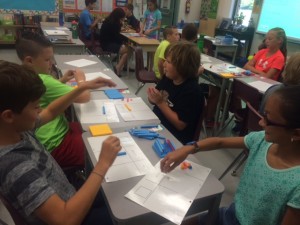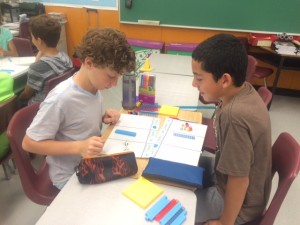Our classroom is alive with poetry! I’ve been blown away by the ideas, creative thinking, and desire to share those ideas within the class these last 2 weeks in our poetry unit. Our focus this year is on free-verse poems. The best part about free-verse poems is that there are NO rules!
Where does poetry hide? Poems hide in the most unexpected places, often they are right in front of us and in the people in our lives. Poetry hides in a grandmother’s wrinkles, in a clock’s hands, inside our shoes, in the shadows of a tree.
Someone once said that we should be like sponges, noticing everything around us, taking it all in. In class, we’ve learned about the importance of looking at the ordinary in extraordinary ways. Looking at things in different ways reveals poetry where we might not typically see it.
There are many sources of poetry. It’s endless! You might say there are several poetry “doors” we can enter to help us craft our ideas. Georgia Heard describes 5 doors that we can step through and gather inspiration for our poetry…
1. The Heart Door–this is the most important door because it leads to our heart, our feelings, the truth about our beliefs. Write about what you feel is true.
2. The Observation Door–this is what we observe around us, what amazes us, what is beautiful.
3. The Concerns About the World Door–this is what we worry about, the environment, what we see in the news, war, floods, disasters.
4. The Wonder Door–these are questions we have about the world, life, school, what we are curious about.
5. The Memory Door–we often have vivid memories whether good or bad. Memories can often serve as inspiration for a poem.
The truth is, there are many doors from which to write–the doors are endless! I encourage each one of us to have the courage to step through at least one of the doors and not be afraid to explore the inner poet within us and enter the world of poetry.
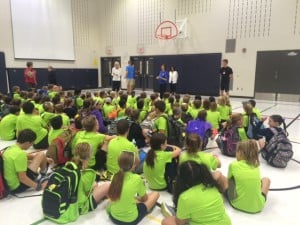 Our mini cross-country meet took place at our school and the students embraced the challenge, the weather was beautiful, and all students had a successful experience. A big thank you goes out to Mrs. Lucier and Mr. Gallo for quickly adapting our school ground into a special course for our students. They even arranged to have awards for those who placed first.
Our mini cross-country meet took place at our school and the students embraced the challenge, the weather was beautiful, and all students had a successful experience. A big thank you goes out to Mrs. Lucier and Mr. Gallo for quickly adapting our school ground into a special course for our students. They even arranged to have awards for those who placed first. 